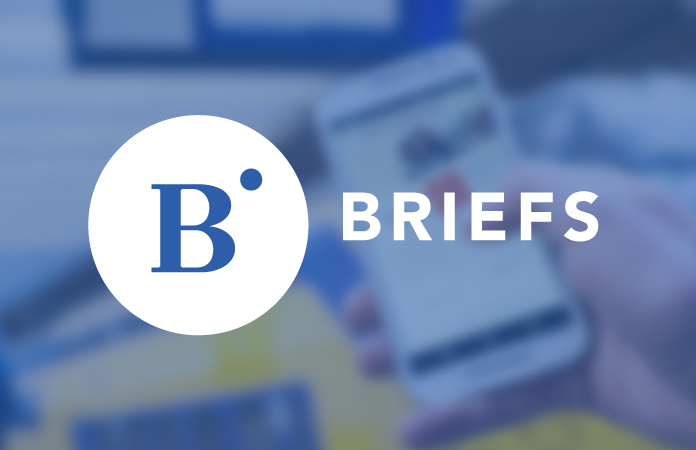

Colorado Attorney General Phil Weiser announced Oct. 4 in a formal legal opinion, diversity, equity and inclusion programs employers implement to ensure individuals from all backgrounds are offered equal opportunities in the workplace aren’t illegal.
According to a press release, Weiser issued the legal opinion to respond to questions and concerns about the constitutionality of DEI programs in the wake of the recent U.S. Supreme Court decision in Students for Fair Admissions, Inc. v. Harvard College and Students for Fair Admissions, Inc. v. University of North Carolina. In the opinion the U.S. Supreme Court ruled race-conscious admissions programs at colleges and universities are unlawful and violate the Equal Protection Clause of the U.S. Constitution and Title VI of the Civil Rights Act as it pertains to college admissions processes.
According to Weiser, the court’s decision in Students for Fair Admissions didn’t, however, address the legality of DEI programs in workplaces, which are governed by Title VII of the Civil Rights Act of 1964. DEI efforts therefore remain legal under federal law, the press release continued.
“In the wake of the Students for Fair Admissions opinion, incorrect assertions have been made that the U.S. Supreme Court’s decision ruled or otherwise implied that DEI programs in all contexts, specifically workplaces, are unconstitutional and illegal. These assertions have no basis in the Students for Fair Admissions case, which was limited to addressing college admissions; these claims, moreover, misrepresent the Court’s decision, which did not address employment law,” said Weiser in a press release. “Programs that seek to promote workplace diversity, equity, and inclusion—and that do not consider protected class status in decision making—remain legal. And employers may continue to use DEI efforts to afford equal opportunity to all workers and to reap the benefits of a diverse workplace.”
It’s widely acknowledged discrimination has resulted in multigenerational economic and societal harm, the announcement noted.
The press release explained unemployment is higher among Black and Hispanic workers according to a 2023 report by the Economic Policy Institute; median earnings for women in 2022 were 83% of the median for men, according to the U.S. Bureau of Labor Statistics; women, particularly women of color, are less likely to hold executive positions, according to the Women in the Workplace study by McKinsey & Company and Leanin.Org; and a 2021 Gallup survey revealed 24% of Black and Hispanic employees reported discrimination at work.
To combat these persistent inequities and achieve the benefits of a diverse workforce, public and private employers of all types have adopted DEI programs, recognizing that past denials of opportunities can have lasting impacts, the announcement continued.
These programs include a range of tools to achieve the goals of diversity, equity and inclusion, including mentoring and career development opportunities, conducting recruiting and outreach to diverse communities and establishing employee resource groups that can help employees feel a sense of belonging, community and worth in the workplace, the press release added.
“Research demonstrates compelling reasons for why public and private employers would be interested in better meeting the needs of an increasingly diverse world,” added Weiser. “Organizations with diverse teams are more profitable and companies with diversity across the board are more innovative.
“The law permits DEI efforts to achieve these benefits of diversity, and employers should periodically review their policies to ensure they are in compliance with the law,” said Weiser.

